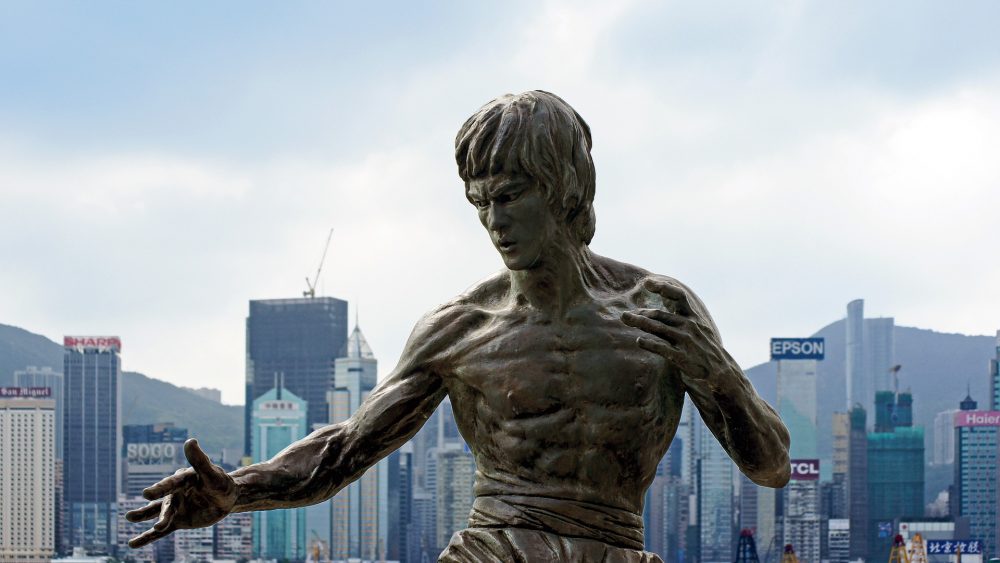I was recently in Auckland, New Zealand, looking for a bite to eat. I stumbled across a fantastic example of globalisation at work in the “Bruce Lee Sushi Shop”. That’s the kind of business name that is only possible in the media-led, globalised world of the 21st century.
To start with, Bruce Lee, the great martial arts actor, is American-born, Hong Kong Chinese, and sushi is Japanese. There’s already some cross-cultural positivity at work. Added to that, this store is in New Zealand, at the other end of the earth to either Asian country.
But the globalisation clincher was the sign on the door: “Open Mon-Sat, but closed on The Lord’s Day”. I haven’t seen a sign like that since my childhood in country towns, and it delighted me. Here was evidence that the world view in operation by the owners of that sushi shop was neither Chinese, Japanese nor Kiwi, but Judeo-Christian. They believed in the day of rest.
Where did they get this idea? Of course, it comes from the teachings of the Bible, which was already a well-travelled book a long time before sushi came to New Zealand.
We are headed towards the same destination as God: rest. Bring on that Rest!
In Genesis chapter one, we learn that God created the world and then rested from his labour. It’s a very important teaching throughout the Old Testament, shaping the notion of Shabbat for Jews even today. And it is explored in his usual radical fashion by Jesus in the New Testament, where he declares himself to be “Lord of the Sabbath”. (Is it any surprise that the religious leaders of the time found Jesus so challenging?)
In the book of Hebrews, we are taught that the notion of rest is far more profound than getting a good night’s sleep and downing tools for a day: “There remains, then, a Sabbath rest for the people of God; for anyone who enters God’s rest also rests from their works, just as God did from his” (Hebrews 4:9-10).
This Scripture tells us that the work of creation extends into the future; although God rested from his work, there is still a more eternal Rest to look forward to. After the work of creation, we enter a new phase of reality: rest. The new creation, the re-creation, will be recreation. We are headed towards the same destination as God: rest. Bring on that Rest!
And this is a future that we don’t want to miss out on; the passage goes further to urge us to “make every effort to enter that rest”. In fact, its message is very strong: rest or perish. It’s joy or judgment.
It’s not about being more successful, busier, than all your friends, and always so tired that you have no time for anyone.
The notion of rest takes us very close to the heart of the Christian vision for the universe. The point of life is not working every day as hard as you can until you drop. It’s not about making more things endlessly, ever increasing your productivity and efficiency. It’s not about being more successful, busier, than all your friends, and always so tired that you have no time for anyone.
The point of life is to find our way into lasting recreation and rest.
Christians believe that the universe is headed towards one great big Day of Rest. One eternal Long Weekend. History will wrap up in a new time zone, with a new sense that we don’t need to keep performing, keep producing, keep running harder and harder. No, we will simply, joyously rest. Because that’s what God did, and that’s what he has planned for his entire creation.
Who would have thought that a New Zealand sushi shop with a Chinese name would be advertising on its sign the secret to the future of the universe?
N.B. Greg does not receive any free sushi from the aforementioned honourable establishment!
Email This Story
Why not send this to a friend?



